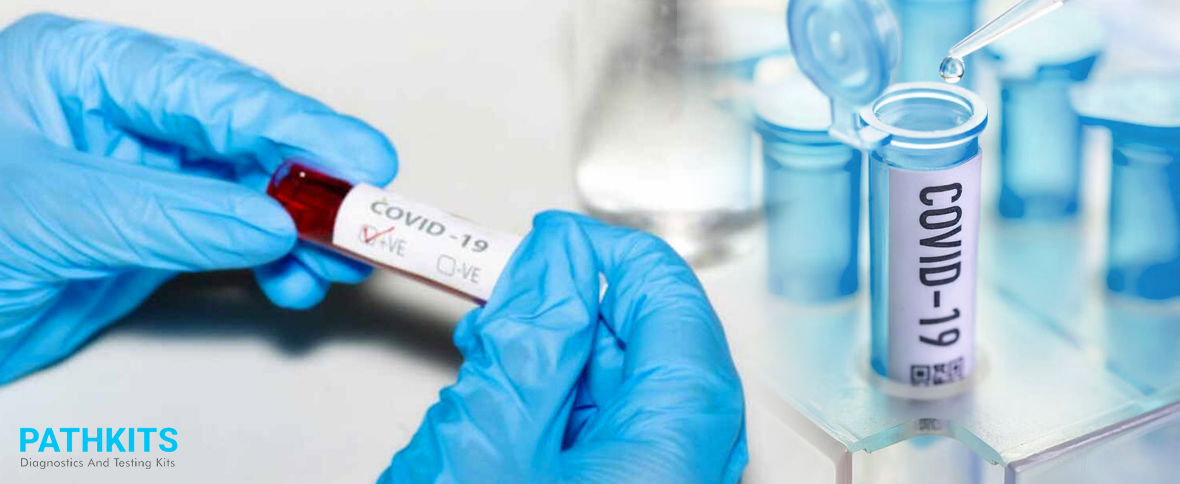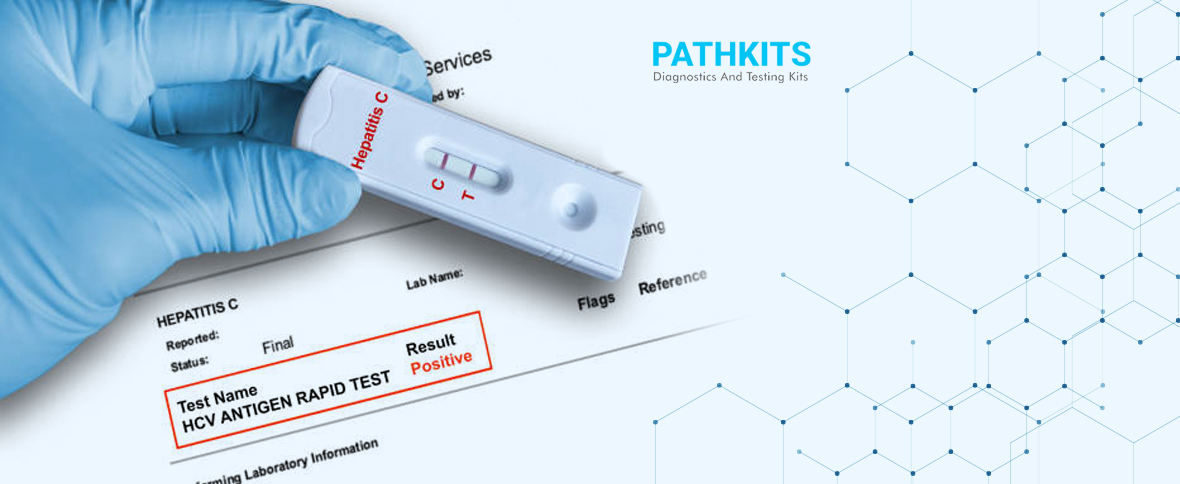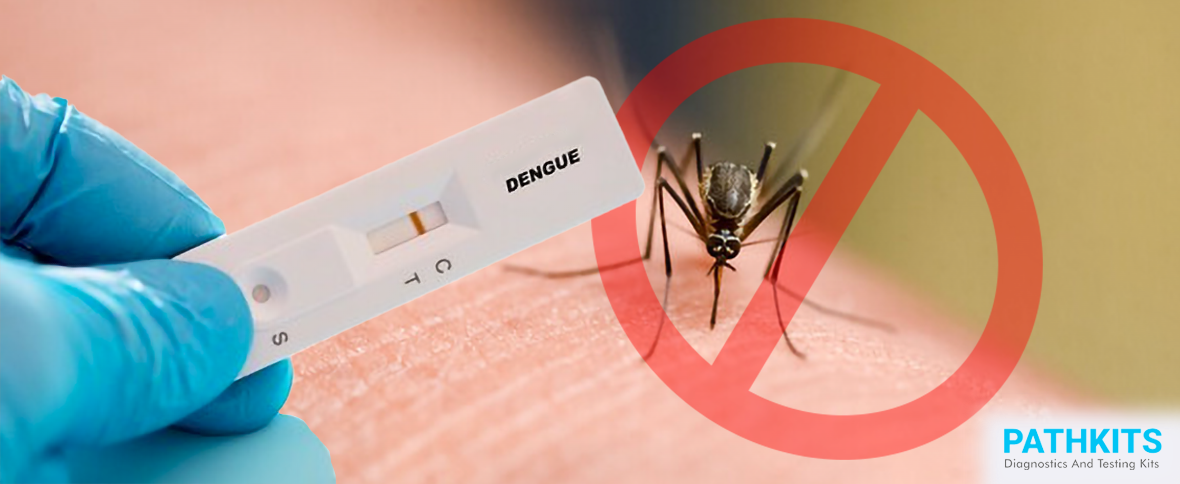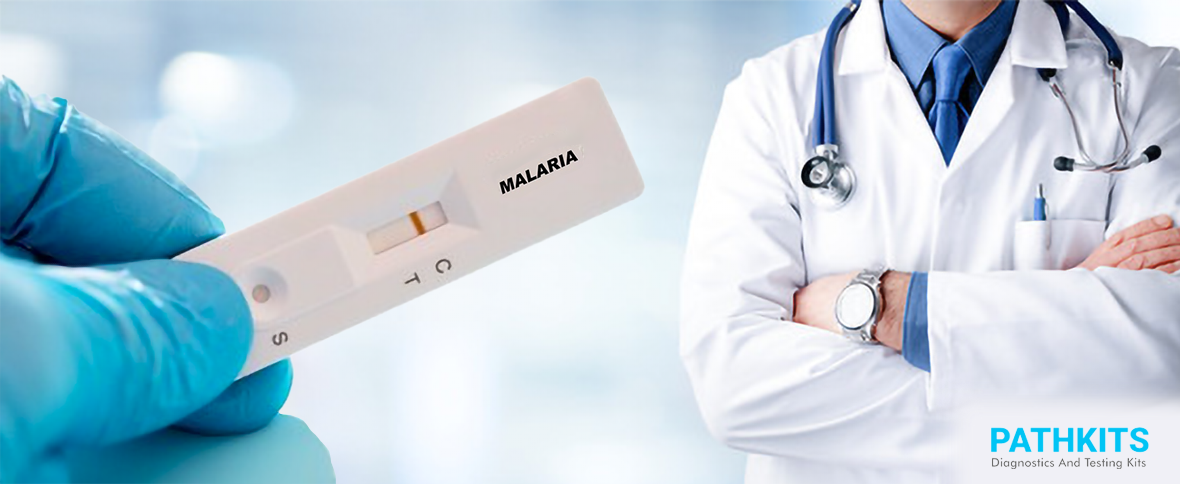COVID-19 has had a significant impact on our lives, affecting people's health, economies, and daily routines worldwide. One crucial aspect of managing the pandemic is testing for the virus. Traditional testing methods, such as PCR (polymerase chain reaction) tests, often require laboratory analysis and have longer turnaround times. However, with the advent of covid rapid test kits, COVID-19 testing has become swift and accurate. These innovative tools play a vital role in detecting the virus, enabling prompt and effective response measures. In this article, we will explore the advantages of rapid test kits and their contribution to combatting the COVID-19 pandemic.
Introduction: The Importance of COVID-19 Testing
Testing for COVID-19 is crucial to identify infected individuals and implement appropriate measures to prevent the spread of the virus. Timely detection enables early isolation, contact tracing, and treatment, helping to control transmission rates effectively. While traditional PCR tests have been the gold standard, their lengthy processing times can delay decision-making and limit their scalability. Rapid test kits offer a solution to overcome these challenges.
What Are Rapid Test Kits?
Rapid test kits are diagnostic tools designed to detect the presence of COVID-19 antigens or antibodies in a person's body. These tests provide results quickly, usually within minutes, allowing for immediate action. Unlike PCR tests, which rely on complex laboratory processes, rapid test kits are portable and can be used in various settings, including healthcare facilities, workplaces, schools, and even remote areas with limited resources.
How Do Rapid Test Kits Work?
Rapid test kits utilize lateral flow immunoassays to detect COVID-19 antigens or antibodies. Antigens are specific molecules present on the surface of the virus, while antibodies are proteins produced by the immune system in response to the virus. The test kit contains specific reagents that interact with the antigens or antibodies, producing a visible signal, such as a color change, to indicate a positive or negative result. The simplicity and speed of this process make rapid test kits highly effective for immediate testing.
Benefits of Rapid Test Kits
Swift Results
One of the significant advantages of rapid test kits is their ability to provide immediate results. With traditional testing methods, it can take hours or even days to obtain results due to sample transportation and laboratory processing. In contrast, rapid test kits offer on-the-spot testing, allowing healthcare professionals to make prompt decisions and take immediate action based on the results.
Accuracy
Rapid test kits have shown commendable accuracy in detecting COVID-19 infections. While PCR tests are known for their high sensitivity and specificity, rapid test kits have also demonstrated reliable performance. However, it's important to note that the accuracy of these kits can vary based on the brand, the stage of infection, and the type of antigen or antibody targeted.
Accessibility
With their portability and user-friendly design, rapid test kits enhance accessibility to testing. They can be deployed in various settings, including remote or underserved areas with limited laboratory infrastructure. This accessibility empowers healthcare providers to reach more people and perform testing efficiently, contributing to effective disease management and control.
Cost-Effectiveness
Traditional PCR tests often involve expensive laboratory processes, making them less cost-effective, especially when conducting mass testing. Rapid test kits offer a more affordable alternative, with lower manufacturing costs and reduced reliance on sophisticated laboratory equipment. These cost savings make it feasible to deploy widespread testing strategies, including regular testing in high-risk environments.
On-Site Testing
Another significant advantage of rapid test kits is their ability to perform testing on-site. This eliminates the need for sample transportation and reduces turnaround times, allowing for immediate decision-making. On-site testing is particularly valuable in situations requiring quick results, such as screening at airports, workplaces, or events, where prompt identification of infected individuals is crucial for preventing outbreaks.
Limitations of Rapid Test Kits
While rapid test kits offer many benefits, they also have limitations that need to be considered. These limitations include:
- Sensitivity: Rapid test kits may have lower sensitivity compared to PCR tests, especially during the early stages of infection when viral loads are low.
- False Negatives: There is a possibility of false negatives, meaning a person may test negative even if they are infected. This emphasizes the importance of following up negative results with confirmatory testing when necessary.
- Professional Training: Proper training and adherence to the test kit's instructions are essential to ensure accurate interpretation of results. Inadequate training can lead to errors and misinterpretations.
Implementing Rapid Test Kits in Healthcare Settings
Rapid test kits have proven to be valuable tools in healthcare settings. They enable healthcare professionals to quickly screen patients, identify potential cases, and take appropriate actions, such as isolation and treatment. These kits are particularly useful in emergency departments, clinics, and hospitals, where rapid decision-making is crucial for patient management and infection control.
The Role of Rapid Test Kits in Public Health Measures
Rapid test kits play a vital role in public health measures to control the spread of COVID-19. By facilitating widespread testing and immediate identification of infected individuals, these kits assist in contact tracing efforts and implementing targeted interventions. They contribute to breaking chains of transmission and reducing the overall burden on healthcare systems, ultimately leading to better containment of the virus.
Comparison with Traditional Testing Methods
When comparing rapid test kits with traditional testing methods like PCR, it is important to consider their respective strengths and limitations. While PCR tests offer high sensitivity and specificity, they require specialized laboratories, skilled personnel, and longer turnaround times. Rapid test kits provide faster results, portability, and wider accessibility but may have slightly lower sensitivity. The choice of testing method depends on the specific context, testing goals, and available resources.
Ensuring the Reliability of Rapid Test Kits
To ensure the reliability of rapid test kits, regulatory authorities play a crucial role in evaluating and approving these diagnostic tools. Strict quality control measures are implemented to assess their performance, accuracy, and safety. It is essential for healthcare professionals to use authorized test kits and follow standardized protocols to minimize the risk of false results and ensure the effectiveness of testing strategies.
Future Developments and Improvements
The field of rapid test kits continues to evolve, driven by ongoing research and technological advancements. Efforts are underway to enhance the sensitivity and specificity of these tests, particularly in detecting early-stage infections. Furthermore, the development of multiplex rapid test kits capable of identifying multiple respiratory viruses simultaneously shows promise for future pandemic preparedness and response.
Conclusion
Rapid test kits have revolutionized COVID-19 testing by providing swift and accurate results. Their portability, accessibility, and cost-effectiveness have made them valuable tools in detecting infections and implementing timely response measures. While they have certain limitations, their advantages outweigh these concerns, especially in situations where immediate results and on-site testing are essential. As we continue to combat the pandemic, rapid test kits play a pivotal role in controlling the spread of COVID-19 and protecting public health.
FAQs
More from Pathkits
Get useful wellbeing tips and advice straight to your inbox
Our Brands
Take a look at our subsidiary companies.
Looking for superior quality diagnostic services at the lowest prices?
Look no further! We are an ISO-Certified, ICMR-approved diagnostic kit manufacturer and supplier. Our strong logistic network and manufacturing expertise empowers us to deliver highest quality products quickly and reliably. We have export licenses for hassle-free worldwide exports.
Bulk orders or government contracts? We have got you covered!
What’s next?
One of our team managers will get in touch with shortly.





















